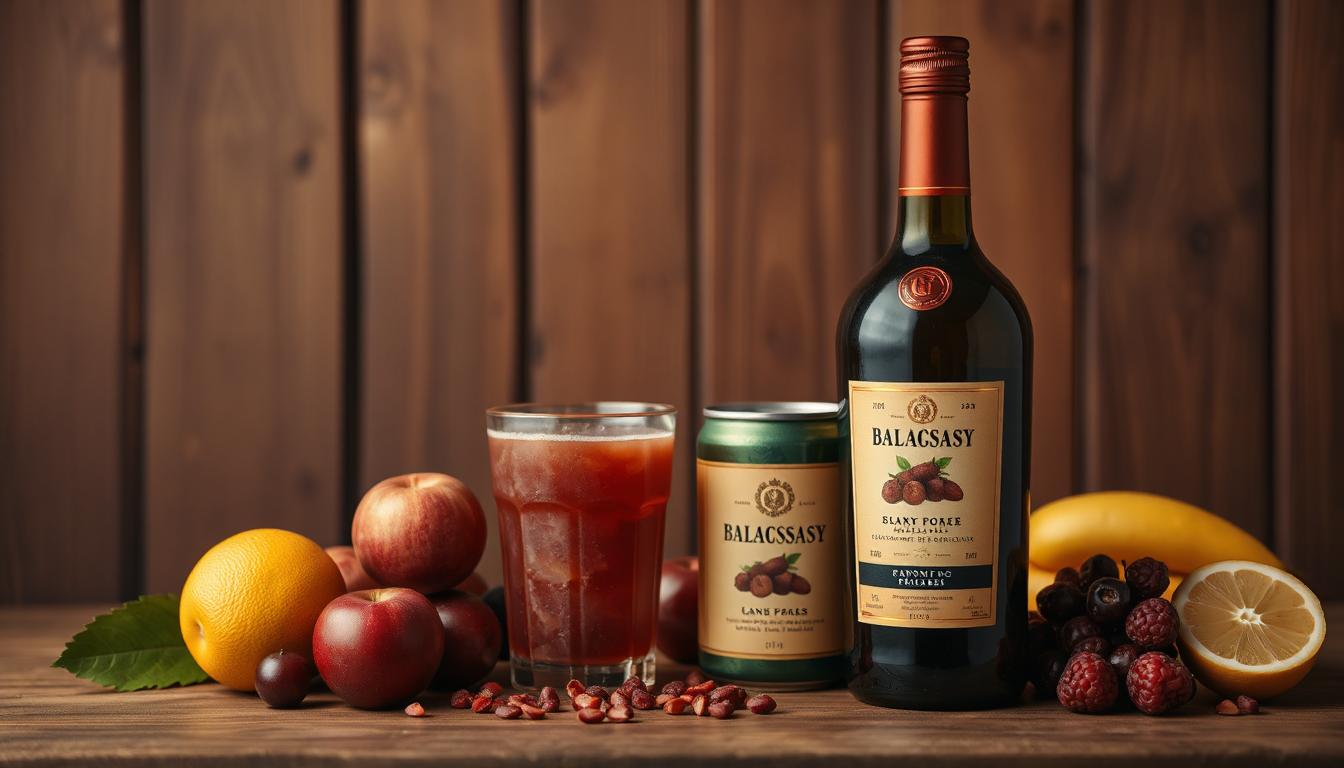
Introduction
The Fast-Moving Consumer Goods (FMCG) industry is one of the most competitive markets globally. Brands must continuously engage consumers and differentiate themselves to stay ahead. This is where FMCG content marketing comes into play. By leveraging engaging content, brands can create a strong presence, build trust, and boost sales.
In this article, we will explore the key strategies, benefits, and trends in FMCG content marketing. Additionally, we will discuss how a digital advertising company can amplify your brand’s reach and impact.
1. What is FMCG Content Marketing?
FMCG content marketing is a strategic approach where brands create and distribute valuable, relevant, and engaging content to attract and retain customers. Instead of directly promoting products, brands focus on storytelling, education, and entertainment to influence purchasing decisions.
Why is it Essential?
- Creates brand awareness
- Builds trust with consumers
- Enhances customer engagement
- Drives sales and repeat purchases
2. Key FMCG Content Marketing Strategies
2.1. Storytelling & Brand Narrative
Consumers connect emotionally with brands that tell compelling stories. FMCG brands should highlight their values, mission, and unique selling points through engaging narratives.
Example: Coca-Cola’s “Share a Coke” campaign personalized bottles with customer names, creating an emotional bond.
2.2. Social Media Engagement
Social media platforms are essential for FMCG brands to connect with consumers. Consistent and creative content, such as:
- Short videos (Reels, TikTok)
- User-generated content
- Influencer collaborations
Best Platforms: Instagram, Facebook, YouTube, and Twitter.
2.3. Influencer & Celebrity Marketing
Partnering with influencers boosts credibility and expands reach. Micro-influencers are particularly effective as they have a highly engaged audience.
Example: Beauty brands collaborating with makeup artists for product reviews.
2.4. Video Marketing for FMCG Brands
Video is a powerful medium for storytelling and product demonstrations. Brands should focus on:
- How-to videos
- Behind-the-scenes footage
- Customer testimonials
2.5. SEO & Blog Content
Well-optimized blog content improves search rankings and attracts organic traffic. Topics could include:
- “Best Healthy Snacks for Kids”
- “Top 10 Skincare Routines”
2.6. User-Generated Content (UGC)
Encouraging customers to share their experiences through reviews and social media posts can enhance credibility.
Example: Lay’s “Do Us a Flavor” campaign invited customers to create new flavors.
2.7. Email Marketing & Newsletters
Personalized email campaigns help brands nurture customer relationships and promote new products.
Example: A monthly newsletter with discounts, tips, and industry news.
3. Role of a Digital Advertising Company in FMCG Content Marketing
A digital advertising company plays a crucial role in enhancing FMCG content marketing efforts. Their expertise helps brands:
- Create data-driven marketing campaigns
- Optimize content for multiple platforms
- Use paid advertising for better reach
- Analyze consumer behavior for better targeting
Benefits of Hiring a Digital Advertising Company:
✅ Expert strategy development
✅ Improved content reach & engagement
✅ Advanced analytics & performance tracking
4. Latest Trends in FMCG Content Marketing
4.1. AI & Personalization
Artificial Intelligence (AI) helps brands personalize content, recommend products, and enhance customer experience.
4.2. Interactive & Shoppable Content
Interactive content like polls, quizzes, and shoppable posts on Instagram and TikTok enhance customer engagement.
4.3. Sustainable & Ethical Marketing
Consumers prefer brands that promote sustainability and ethical sourcing. FMCG brands should highlight eco-friendly initiatives.
4.4. Voice Search Optimization
Optimizing content for voice search helps brands capture queries made via smart assistants like Alexa and Google Assistant.
5. Measuring Success in FMCG Content Marketing
To evaluate the success of content marketing, brands should track:
📊 Engagement Metrics (likes, shares, comments)
📊 Conversion Rates (sales, sign-ups)
📊 Website Traffic & SEO Rankings
📊 Customer Retention & Loyalty
Using analytics tools like Google Analytics and social media insights can provide actionable data for future strategies.
Conclusion
FMCG content marketing is a game-changer for brands looking to build trust and drive sales. By leveraging storytelling, video marketing, influencer collaborations, and SEO-optimized content, brands can create a lasting impact.
Partnering with a digital advertising company further enhances these efforts by providing data-driven strategies and improved audience targeting. As consumer behavior evolves, staying updated with the latest marketing trends will be essential for success in the FMCG industry.
Are you ready to transform your FMCG brand with effective content marketing? Start implementing these strategies today! 🚀
FAQs on FMCG Content Marketing
❓ 1. Why is content marketing important for FMCG brands?
Content marketing helps FMCG brands engage customers, build trust, and increase brand awareness, ultimately driving sales.
❓ 2. What types of content work best for FMCG brands?
Videos, social media posts, blog articles, influencer collaborations, and user-generated content are highly effective.
❓ 3. How can a digital advertising company help FMCG brands?
They provide expertise in SEO, paid ads, audience targeting, and data analysis to maximize content marketing success.
❓ 4. What are the biggest challenges in FMCG content marketing?
Competition, changing consumer behavior, and content saturation are key challenges. Brands must stay innovative to stand out.
❓ 5. What are the future trends in FMCG marketing?
AI personalization, interactive content, sustainable branding, and voice search optimization are shaping the future of FMCG marketing.
❓ 6. How can FMCG brands measure content marketing success?
Tracking engagement metrics, website traffic, conversion rates, and customer retention provides insights into marketing performance.